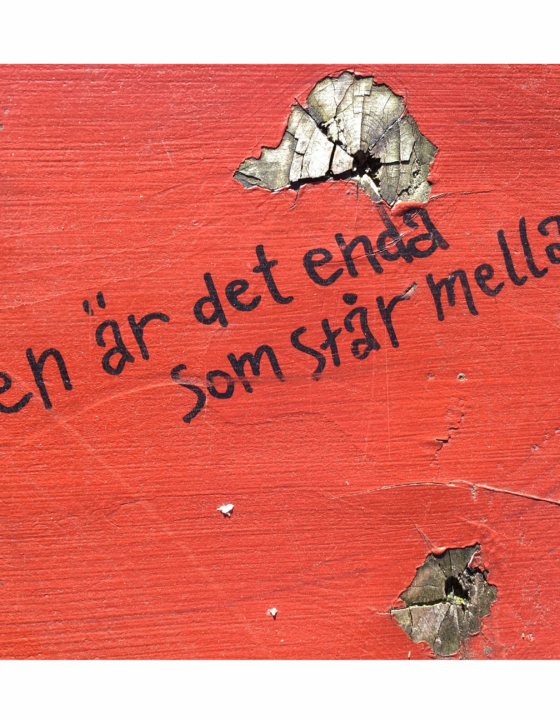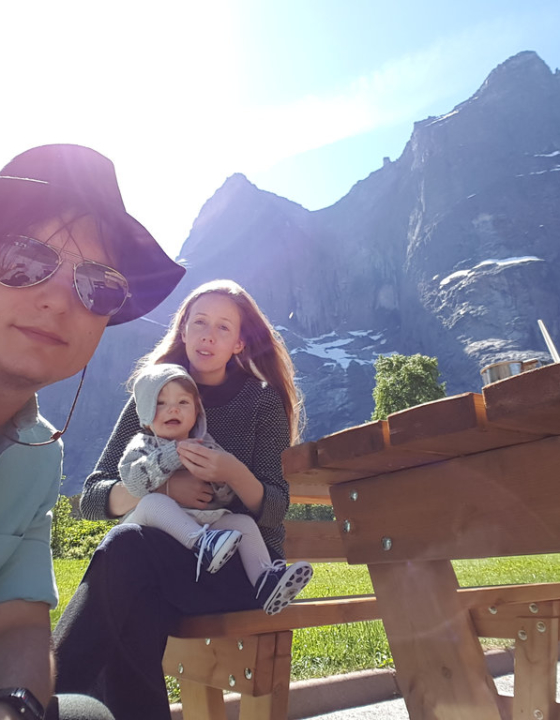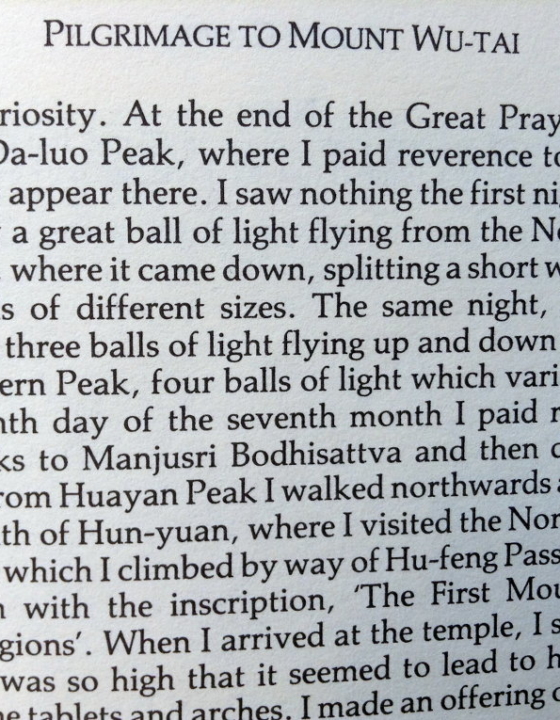In Bosnia & Herzegovina there are people really bad off, some are very well off and standards are generally very dynamic compared to the EU. However, in this short and scattered post I’d like to mention some things which after all, the horror of the last century, speak in favour for the country. In the long run of course. It’s not the best, it could be better and I believe it’s better off in this day and age compared to many other chapters in its history.
Bosnia was first mentioned in 753 AD and later on in 1154 the first formal conglomeration called the Banate of Bosnia was established. In 1377 the Kingdom of Bosnia was formed and the whole point in these dates is to show that Bosnia as an entity is not new – it’s one of the older in Europe. It was small then and is small now but nevertheless, it has been around about one thousand years. If we look at the current situation and how slowly the country has been progressing since the Dayton Agreement one might get all negative, yet it has been worse off while maintaining a potential. Do people know that between the end of WWI and the outbreak of WWII only two state buildings were constructed in Sarajevo? Up to WWI Bosnia and Herzegovina was progressing good, being under the Austria-Hungary Empire. With the loss in WWI for the Central Alliance Bosnia and Herzegovina got sliced up into banates under the new Kingdom of Yugoslavia. It wasn’t until the end of WWII that Bosnia and Herzegovina got back its sovereign borders back in accordance to the Congress of Berlin in 1878.
Looking at the country today it’s progressing, there are investments and possibilities. Tourism is growing immensely and the country is projected to have the world’s third highest tourism growth between 1995 – 2020, and the 6th highest tourism growth in 2015. Just by mentioning this we can already notice that the country is much better off than a hundred years ago. Back then people didn’t travel to Visoko, Mostar, Sarajevo, Međugorje or had ever heard about the country.
Of course, the Tito era of Yugoslavia was prosperous for all the states involved and we can say things went down from those peaks. But still, it’s not rock bottom and I also want to illustrate that the problems of Bosnia and Herzegovina are common in other countries, even the world’s most developed.
The golden rule for any centralized governmental system is that people get the leftovers. In rich countries there is more money that reaches the people compared to poorer countries. In Bosnia and Herzegovina people don’t get the collective benefits as they should from the tax system. Politicians earn about six to ten times more than the average salary. This ratio in EU is much lower, with about three times the average salary for politicians. The current average salary in Bosnia and Herzegovina is about 840 BAM, meaning 420 €. This is bad and the robbery of the common folk is almost as bad as the confiscation of private property and livelihood during the Kingdom of Yugoslavia. Corruption is the system and the lack of meritocracy the norm. Preferences are given to own groups rather than to the best person for a job. In the case of government at least it’s officially independent, democratic, kept track on compared to the colonial status a century ago. Better or worse, hard to tell…
Even in countries like USA and Norway there are political elite families, like the Bush family in the USA and the Stoltenberg’s in Norway. In Bosnia and Herzegovina the name Izetbegović would correspond to the father-to-son political corruption. Corruption is everywhere and even in EU cities direct democratic votes by the people get overrun. Many problems are common among countries while other problems can be solved by already effective solutions. Like in the case with the heavy winter pollution- and smog problem in some Bosnian cities. EU used to have this problem in various cities but they have been solved – sometimes the solution is out there. Yet, even this smog problem was worse in the 1970’s than it’s now, as people can recall ‘black snowfall’ in Sarajevo from heavy industries.
Another problem is that of cultural tribalism. In the Balkans a firm meritocracy doesn’t exist and this is one major root for most problems. The majority still tend to select their family, relatives, religious group, ethnical group, political group before the best person for the job. It’s a mending problem, but far from solved. This is however a problem in every country to a certain degree, but in the whole Balkan region, more so than elsewhere in Europe.
When 50 000 fans can gather in the capitol Sarajevo due to the youth national basketball team winning the European Championship – why don’t they gather like that for actions against less corruption? Or to clean the environment which is heavily neglected in some areas? Why is it easier to get out on the street, litter it down, party and be happy about some sports victory but not on more important issues that would really matter? People have the possibility to change something, with their numbers, if used right.
Veterans who defended Bosnia and Herzegovina are just like the U.S. Army veterans treated like dust. So both a small European nation and the number one power in the world have this same behavior. it’s not good, but it’s there and in Bosnia people tend to think they got the worst of every aspect – but what is there is always elsewhere.
Another sign and worry in Bosnia and Herzegovina are the gambling offices that are everywhere, and the young and old men with their recipes who waste their last pennies on gambling, betting and so on. The only difference of this compared to Sweden for example is that it’s based online and in apps. So it’s not as visible, but it’s even more widespread and available.
Then again, less than hundred years ago there were not even as near as many schools in the country as today. Back then many women walked around hiding in potato bags due to backwards religious fostering. A lot has changed, too much to even imagine fitting into this post. Even though today the educational system is sliced up on three ethnic versions, which isn’t ideal, it’s still better than before. Sometimes a country must compare itself to what it was and where it was, not against other countries.
All in all, after so many hundreds of years as being a territory in some empire or a federation under kings or dictators – the path to becoming a mature democracy (whatever that means) is slow. Just thinking about the time the country could have disappeared in the last hundred years it’s truly defiant that it got out alive after all. In comparison to Switzerland which has 26 cantons and a difference in language and culture that is way beyond the one in Bosnia and Herzegovina, we can see that improvement is possible. The Swiss are held together by their economy and historically unique position, their way to that was long and threatened many times. While Bosnia with its Alpine landscapes and Herzegovina with its mountainous Mediterranean scenery are far from being like Switzerland in wealth, politics, standard and such, it still has a basis to start. Finally after a bloody, destructive and challenging century.







What do you think?